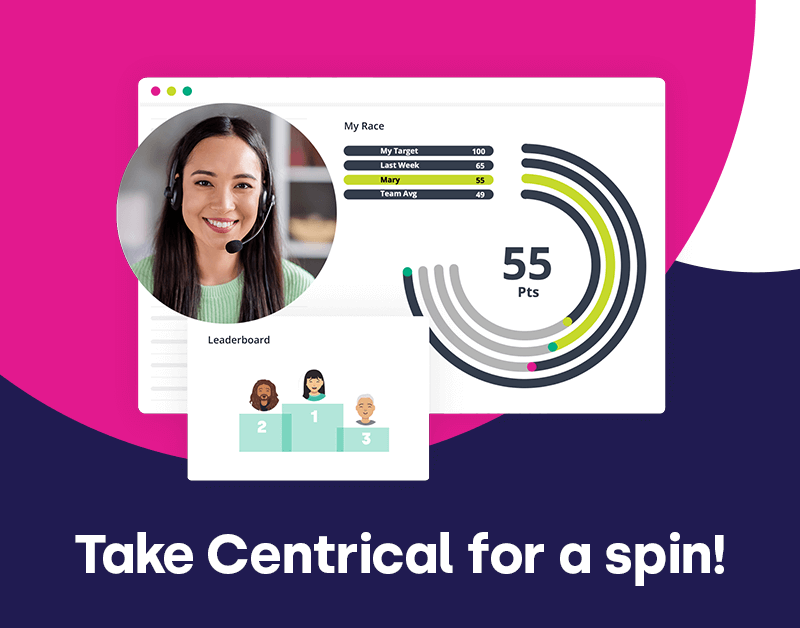In May 2019, the Federal Reserve released its study into Americans’ ability to handle “even a small financial disruption.” The key finding: an unexpected expense of $400 would be a hardship for 4 out of 10 Americans. The rest, overwhelmingly, would use a credit card or borrow to cover the expense; incur debt to handle a $400 emergency.
Now, in May 2020, we’re dealing with a disruption of unprecedented proportions created by an unimaginable health crisis. COVID-19. It’s battered our economy. Some 30 million US workers are jobless. And the nation’s health system is stretched beyond its limits. The need for healthcare providers – from hospital networks to large group medical practices – to collect for patient services has never been greater. Or tougher.
Well before novel coronavirus wreaked havoc, healthcare systems and their revenue cycle management (RCM) services providers have been contending big collection challenges. To begin with, patient healthcare costs have gone up 30% in the past five years. Reflective of that is the rising percentage of patients who fail to fully pay off medical bill balances. Five years ago, it was 53%. It’s expected to climb to 95% by the end of this year. For any business, that’s a mind-boggling accounts receivable. To make matters worse, hospitals’ bad debt has grown from $617 million to nearly $56.5 billion between 2015 and 2018. On top of that, it’s estimated that collecting from a patient costs more than 4X more than it does from an insurance company.
As daunting as all that may be, RCM operations can improve patient collections during the current crisis and when we move past it. For one top 20 RCM outsourcer, the path to a higher collection rate involved gamification. No, not playtime in the call center. Far from it. Rather, it’s utilizing game mechanics to attain desired behaviors. This RCM operation wanted to get collection agents more engaged, more focused on their tasks, and more aware of how to accomplish them better. In addition, they wanted their agents to show a higher commitment to procedures and policies, like adhering to shift schedules and the like. Of course, they wanted to see them to collect more, and do it more efficiently. Specifically, get them to meet, if not exceed, the crucial Revenue Per Person KPI.
This firm turned to Centrical for its employee engagement and performance management platform. It holistically blends personalized microlearning and real-time performance management with advanced gamification.
Microlearning provides bite-sized portions of content so agents can gain knowledge or hone skills in the flow of work. Learning more about billing codes or ways to handle angry healthcare consumers that’s done during slow work periods. There’s no need to take employees off the contact center’s floor to a classroom. Along with a positive impact on productivity, learning activity performance can drastically improve. In the case of this RCM outsourcer, the Centrical-devised game-based learning boosted engagement with training content. An 89% completion rate of learning activities was recorded. A post learning assessment – how well employees absorbed the learning – showed a 99% success rate.
Using microlearning also meant that new plans or processes could be quickly conveyed to and grasped by all who needed to know.
A reflection of the appeal the Centrical platform and all it offered among employees was a well-above adoption rate of 61%, achieved soon after the solution was implemented. Interestingly, the more employees logged on to the platform, the more their performance improved.
Among those highly-engaged employees, After Call Work (ACW) went down, about 50% better than those with low engagement. There was a similar relationship between the two groups as it regarded the attendance KPI. The more engaged recorded better attendance. A crucial step in collections is reaching the person who owes the money. The value of the platform was evident here too. Those highly engaged with it did significantly better on the Right Person to Contact KPI.
In summary, the RCM operation found by engaging, training and managing employees with the Centrical platform, they were able to get a higher level of performance which translated into a higher level of collections.
Granted, the focus in most healthcare facilities right now is delivering care to those in distress. But while that’s happening, administrators and their RCM services providers should take steps to lessen, if not prevent, financial distress in the days ahead. Much like the top 20 RCM operation Centrical worked with I just told you about.
Engage and motivate your frontline teams
Improve performance with an AI-powered digital coach
Deliver world class CX with dynamic, actionable quality evaluations
Boost performance with personalized, actionable goals
Nurture employee success with the power of AI
Listen and respond to your frontline, continuously
Drive productivity with performance-driven learning that sticks
Drive agent efficiency, deliver client results
Keep tech teams motivated and proficient on products and services while exceeding targets
Maintain compliance while building customer happiness and loyalty
Enlighten energy teams to boost engagement
Engage, develop, and retain your agents while driving better CX
Improve the employee experience for your reservations and service desk agents







 Madeleine Freind
Madeleine Freind
 Natalie Roth
Natalie Roth Linat Mart
Linat Mart












 Doron Neumann
Doron Neumann Gal Rimon
Gal Rimon Daphne Saragosti
Daphne Saragosti Ella Davidson
Ella Davidson Ariel Herman
Ariel Herman Ronen Botzer
Ronen Botzer